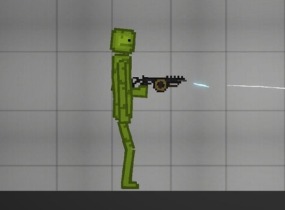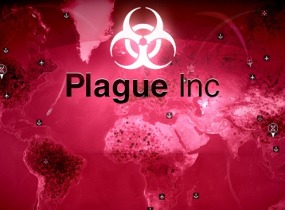Mouthwashing is a first-person horror game that follows the aftermath of a crash involving a deep-space cargo vessel. The crew is left stranded with limited resources, broken systems, and no chance of contact. The captain, Curly, attempted to destroy the ship with everyone on board. He failed. Now, alive but maimed and silent, he remains under the control of a crew he tried to eliminate. Players observe the fragile dynamics among survivors as they attempt to endure a slow breakdown of both body and mind.
Survival Without Hope
The ship’s power supply will hold for six months. The food won’t. Players monitor the crew as they manage basic survival, deal with internal violence, and lose their sense of time and logic. Dialogue becomes sparse. Some characters isolate themselves, others lash out. There are no missions or goals in the traditional sense—only a constant evaluation of who can still be trusted, and what might be hallucinated. The game avoids clear explanations, forcing players to interpret what they see.
Conditions That Decline Over Time
Mouthwashing presents its environment without instruction. It expects players to pay attention to visual and auditory details that suggest changes in behavior, location, or threat. The horror is rooted in psychological deterioration rather than external creatures or action. There are no outside interventions or possible escapes. As systems decay, the space becomes harder to navigate, and the characters act less predictably. The final outcome is inevitable; the only uncertainty is how long it takes to get there.





































































































